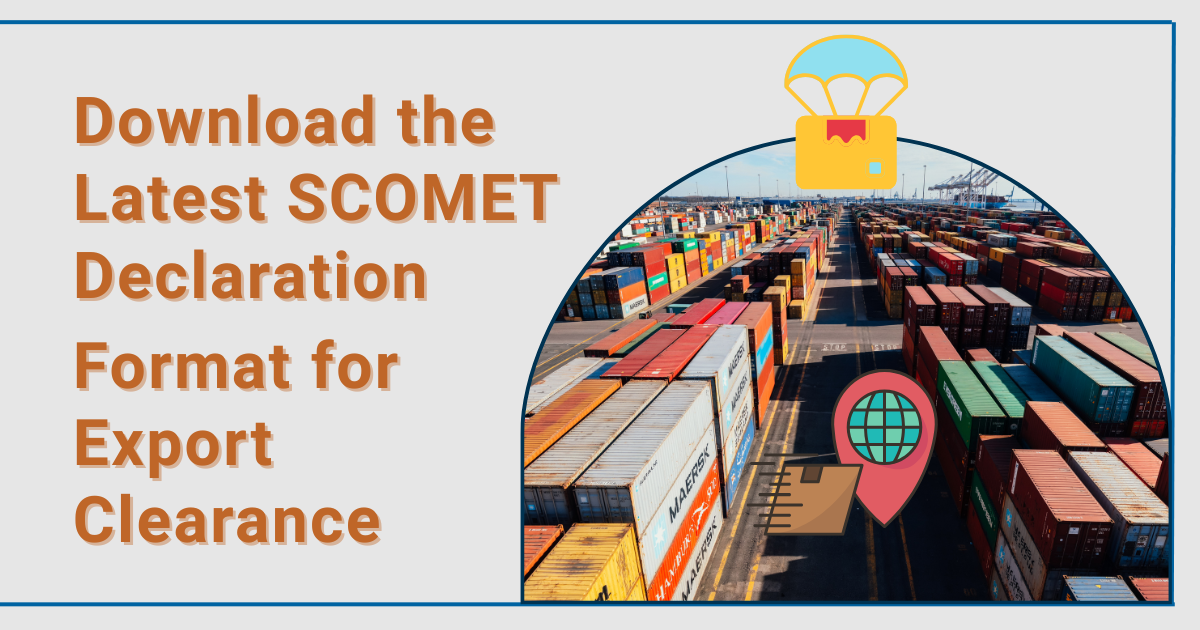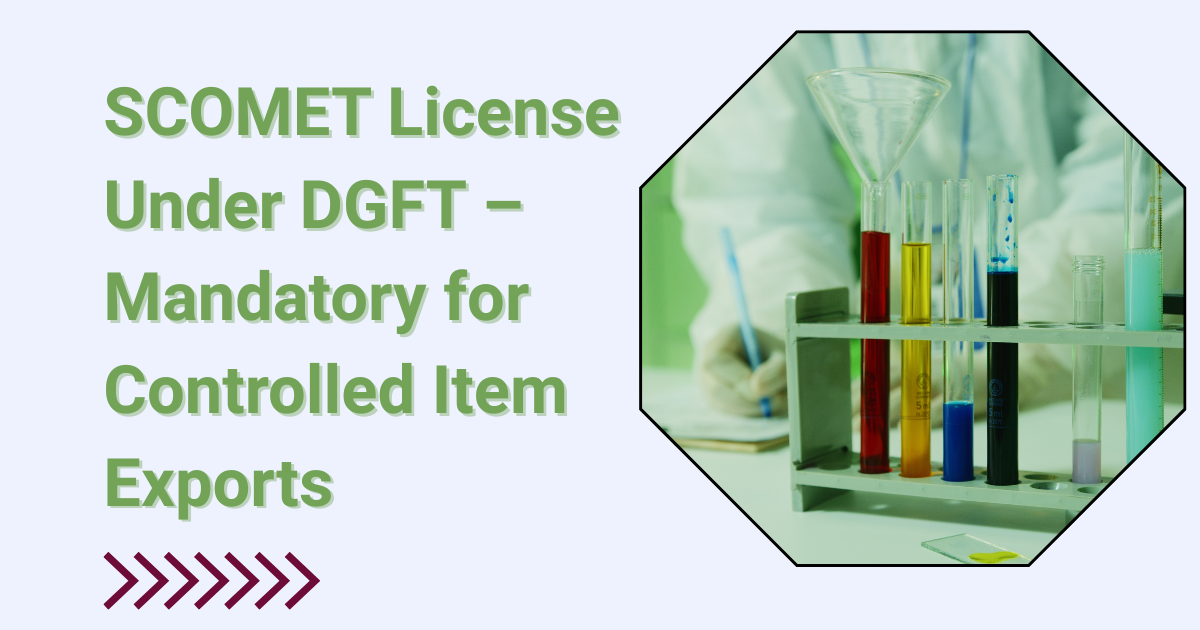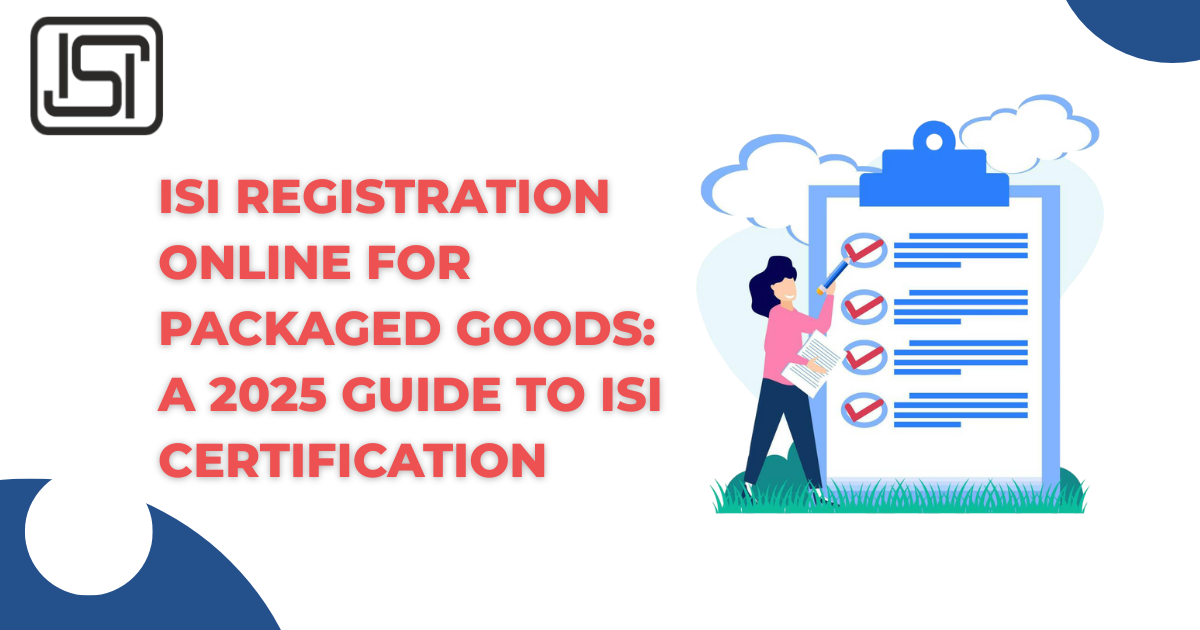Easy Steps to Obtaining a WPC License in India

Strong 8k brings an ultra-HD IPTV experience to your living room and your pocket.
WPC License in India
In India, any device using wireless technology needs to have a Wireless Planning Coordination (WPC) license. It guarantees that these gadgets abide by the nation's radio frequency laws.
Here's a simplified guide to obtaining a WPC license:
Understanding the WPC License
Understanding what a WPC license is and who needs one is crucial before beginning the application process.
What is a license for WPC? It is a certification proving your wireless device complies with radio frequency regulations in India.
Who Requires It? A WPC license is necessary for any person or business that imports, manufactures, or assembles wireless devices in India.
Steps to Obtain a WPC License
Register on the WPC Online Portal: The first step is to create an account on the Saral Sanchar portal.
Apply for New ETA: Once registered, submit an application for a new Equipment Type Approval (ETA).
Prepare Necessary Documents: Gather the required documents, including product specifications, test reports, and company registration details.
Submit Documents: Upload the necessary documents to the portal.
Pay the Fee: Submit the prescribed fee for the WPC license.
Await Approval: The WPC authority will review your application and documents.
Obtain a WPC Certificate: Upon successful evaluation, you will receive the WPC certificate.
Important WPC License Documents
Company registration certificate
GST registration certificate
ID and address proof of an authorized person
Radiofrequency test report from an accredited lab
Product technical details
Import-export code (IEC) for importers
Purchase order (for importers)
WPC Advisory Services
A WPC license can be complex due to technical requirements and regulatory nuances. Consider seeking assistance from WPC advisory services to streamline the process.
These services can assist with:
Document preparation
Test report coordination
Application Submission
Compliance audits
WPC Certificate for Import
A WPC Certificate is essential for importing wireless devices into India. It ensures that the imported equipment complies with the country's radio frequency regulations set by the Wireless Planning and Coordination (WPC) wing of the Department of Telecommunications (DoT).
Why is a WPC Certificate Mandatory?
Compliance: It guarantees that the imported device adheres to Indian radio frequency standards.
Smooth Customs Clearance: A valid WPC certificate facilitates hassle-free customs clearance.
Legal Operation: Operating without a WPC certificate is illegal and can lead to penalties.
Products Requiring WPC Certification
Most wireless devices, including:
Bluetooth devices
Wi-Fi enabled devices
Zigbee devices
Radio devices
Antennas
Receivers
Transmitters
Transceivers
Process to Obtain a WPC Certificate for Import
Register on the WPC Portal: Create an account on the Saral Sanchar portal.
Apply for New ETA: Submit an application for a new Equipment Type Approval (ETA).
Document Submission: Provide necessary documents like product specifications, test reports, and company details.
Fee Payment: Pay the prescribed fee for the WPC certificate.
Test Reports: Submit valid test reports from an accredited lab in India.
WPC Approval: Await approval from the WPC authority.
Certificate Issuance: Upon approval, the WPC certificate will be issued.
Final Thoughts
Securing a WPC license is crucial for businesses dealing with wireless products in India. You can navigate the process efficiently by following these steps and potentially seeking expert advice. Remember to stay updated with the latest WPC regulations to ensure ongoing compliance.
Note: IndiBlogHub features both user-submitted and editorial content. We do not verify third-party contributions. Read our Disclaimer and Privacy Policyfor details.







